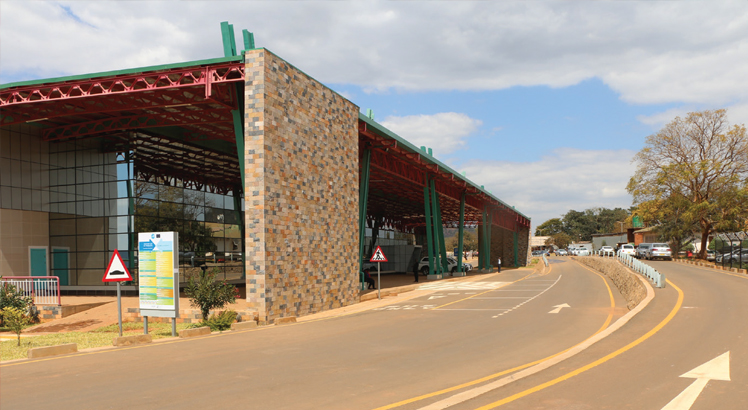Rising cost of living to hit consumers hard
Consumers should now brace for more tough times ahead as the impact of maize and electricity price hike filter in.
According to the Centre for Social Concern (CfSC), cost of living—the cost of maintaining a certain standard of living—was recorded at K183 411 in January 2018 from K163 136 last December.
This means that a family of six requires about K183 411 per month to survive. This is against the minimum wage at around K25 000 per month, a situation which is unbearable for most consumers to cope with.
CfSC programmes manager for economic governance Lucky Mfungwe, in an interview on Tuesday, forecasts tough times ahead for consumers largely due to the rising prices of maize as well as other items in the food category and electricity tariffs.
“The last part of the year [December 2017], the price of maize started increasing in most markets though insignificantly and on the other hand, non-food costs have been on a steady increase including charcoal, rentals, electricity and of course school costs,” he said.
Over the past month, the price of maize has jumped by about 40 percent to K7 000 per 50 kilogramme (kg) bag from K5 000 per 50 kg bag.
At the same time, Malawi Energy Regulatory Authority (Mera) approved a 24.6 percent electricity tariff hike effective February 1 this year.
Weighing in on the issue, Consumers Association of Malawi (Cama) executive director John Kapito said while these developments were expected to trigger a rise in the cost of living, steady petroleum prices will cushion consumers from the impact.
“The push is not so significant that it would worry us. When we plugged in the maize price at about K8 000, it did affect the cost of living because petroleum prices have remained steady; hence, most of the prices in the cost of living basket have remained static.
“Unless if the kwacha depreciates and the price of fuel goes up, we will be worried, otherwise, we have no reason to panic because the increase in cost of living is not that sharp,” he said.
In an interview, Economics Association of Malawi (Ecama) executive director Maleka Thula believes the increase in the price of maize and electricity has the potential to reverse the path of inflation dynamics, the actual impact remains unclear in the meantime.
“The concern is that the decline in overall inflation was to a larger extent explained by the faster drop in food inflation while the drop in non- food inflation has been modest in the period.
“Thus, any upward movement in maize prices is detrimental to favourable inflation dynamics in the country,” he said.
The country’s inflation is largely driven by food, which has a weight of 50.1 percent in the consumer price index (CPI), an aggregate basket of consumer goods and services.
However, what is critical to watch is the core inflation, which is an accurate measure of underlying inflation that excludes commodities such as foods and energy products.
Inflation, which has been declining, is currently at 7.1 percent as of December, according to the National Statistical Office (NSO).





